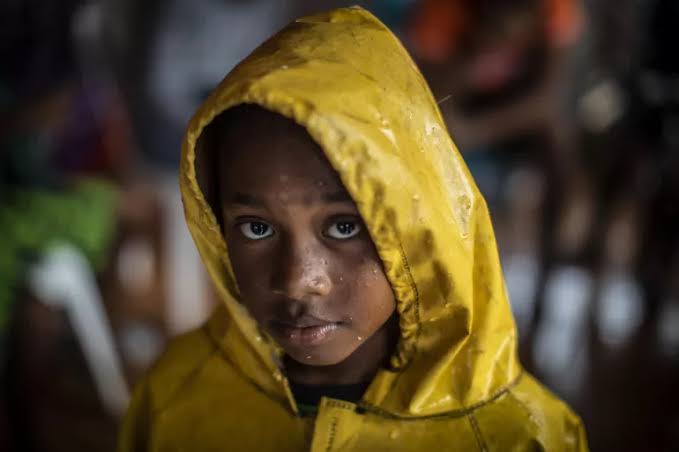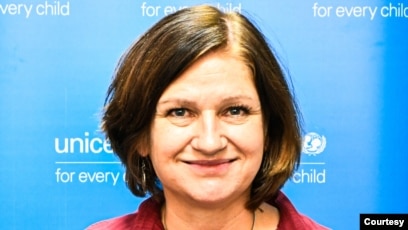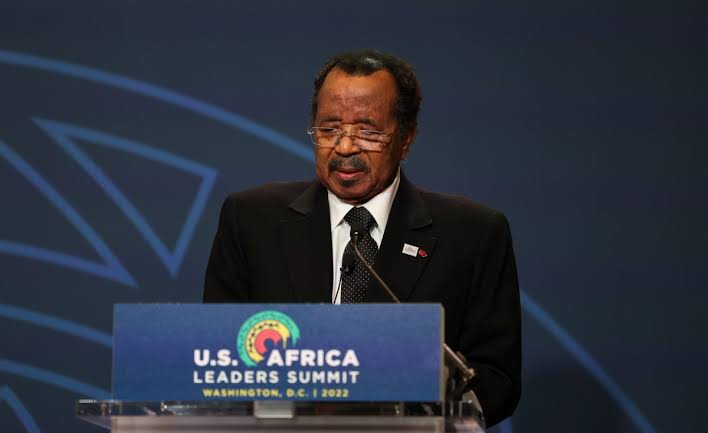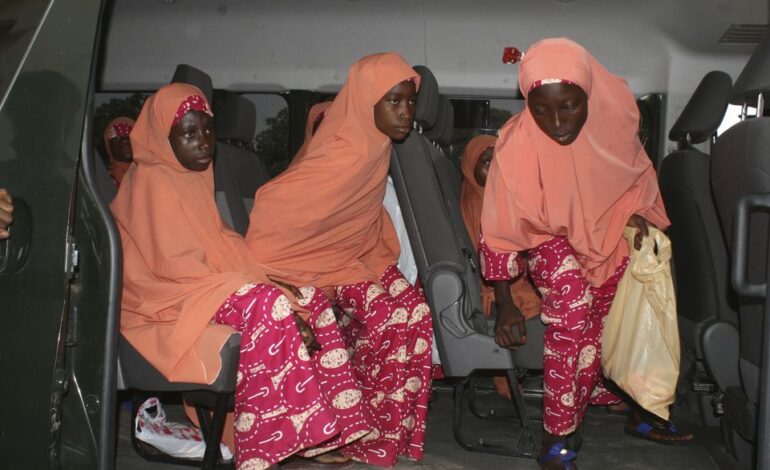
Faith Nyasuguta
The United Nations children’s fund has issued a grave warning about the dire situation facing several eastern and southern African countries, where an estimated 45 million children are grappling with severe food insecurity exacerbated by climate change.
Eva Kadilli, the UNICEF director for eastern and southern Africa, emphasized the severity of the crisis, attributing it to a combination of multiple and intersecting challenges, exacerbated by the powerful 2023-24 El Nino weather phenomenon, one of the strongest on record.
Christiane Rudert, a nutrition adviser for UNICEF in the region, highlighted the alarming rates of child stunting and acute malnutrition prevalent in many countries. She pointed to the escalating impact of extreme weather patterns, such as prolonged heatwaves and droughts, directly linked to climate change.
Rudert cited the case of Malawi, which has been particularly affected by the current El Nino phenomenon. Data from routine nutrition programs revealed a disturbing deterioration in the nutritional status of children, with a surge in admissions for acute malnutrition.

Nearly half of the 21 countries in the region are deemed to be at the highest risk of climate change impacts on children, with any progress in nutrition now being swiftly reversed.
Wongani Grace Taulo, UNICEF regional education adviser, outlined efforts to equip children and their families with the tools to adapt to climate change, notably through educational initiatives within schools.
Taulo highlighted collaborative endeavors with governments, UN agencies, civil society, and communities to integrate climate education into the curriculum. Initiatives such as Zimbabwe’s clean green schools initiative aim to embed climate change strategies into the educational framework, fostering resilience at both school and community levels.
Despite long-term initiatives, immediate challenges persist for many families, echoing the sentiments of Elita Ncube, who spoke of her family’s struggle with poverty and food insecurity. With no viable means of sustenance from the land and dwindling resources for survival, Ncube expressed desperation, longing for the return of aid or employment opportunities in exchange for food.
In response to mounting concerns, July Moyo, Zimbabwe’s minister of social welfare, addressed the issue of declaring the current drought a national disaster. While Malawi and Zambia have taken this step, Moyo emphasized the need for a scientific basis to justify such a declaration, signaling a cautious approach from the government.
Amidst the escalating crisis, urgent action is imperative to mitigate the immediate impacts of food insecurity while concurrently implementing long-term strategies to build resilience against the growing threats posed by climate change.
RELATED:




